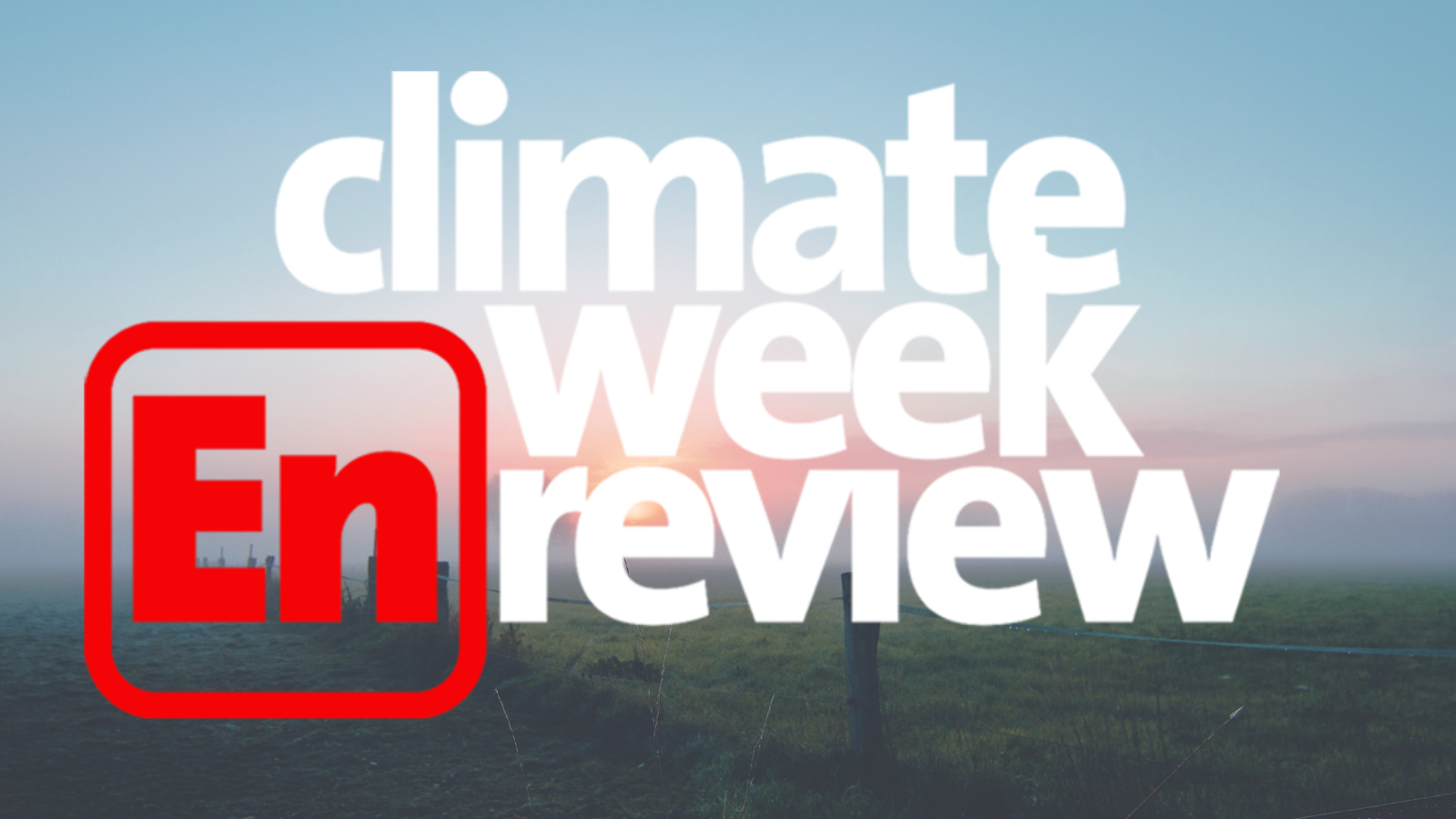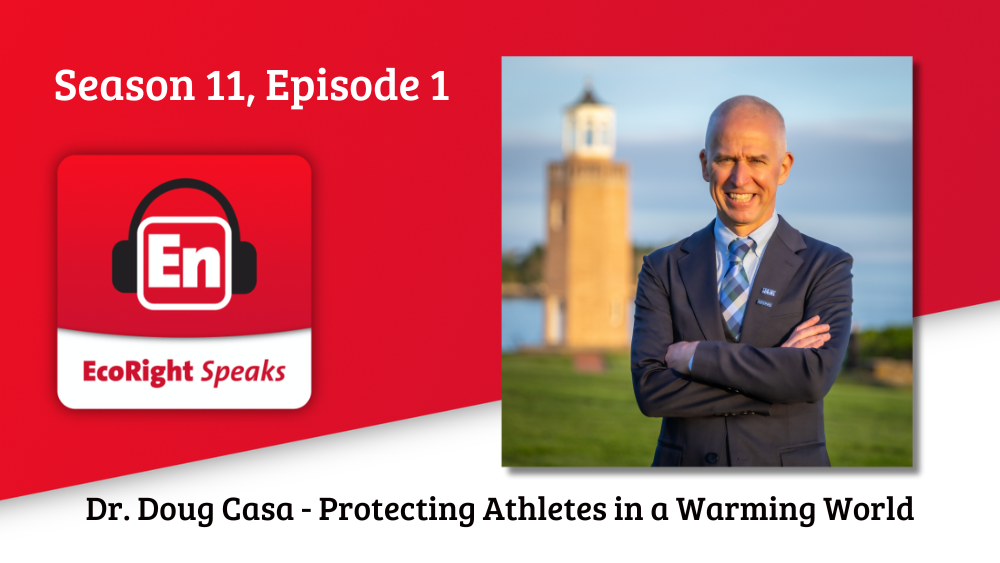
August means many things to me. Recess. (A holdover from my long ago Senate Staffer Era.) Hot weather. (Can it please stay like the forecast in the DMV for the next few days?) Both my brother and my sister’s birthdays. (One Leo and one Virgo.) And of course, at the end of the month, it means a brief respite in my home state of Maine. I’m already counting down the days. (26, in case you’re curious…)
This week’s must read: Congress should end all energy subsides, not just for renewables (The Hill)
H/T to Susan Atkinson, one of our members and a Citizens Climate Lobby volunteer, for writing (and sharing) this recent op-ed.
“Uneven standards, where government energy subsidies are granted to some, such as fossil fuels, and not to others, such as clean energy, result in higher energy costs for consumers,” she writes. “If we stop subsidizing America’s richest energy companies and oldest industries, we could lower the deficit without cutting essential services and free up more funds for public investment. We need smarter policy that results in fairer energy markets and global energy leadership.”

The EcoRight Speaks is back… and better than ever!
Welcome back!
By now you know I’m done with this sweaty summer. And part of the reason I dislike summer is I find it oppressive to do outdoorsy things like hiking and running. Which brings me to our lead off guest.
Dr. Doug Casa, one of the leading experts on heat management for athletes, was feratured in the New York Times article Sweat Science: MLB players, teams, devise methods to stay cool as temperatures rise.
Dr. Casa has served as the CEO of the Korey Stringer Institute since its founding in 2010 and is a Board of Trustees Distinguished Professor of Kinesiology at the University of Connecticut. Additionally, he is the editor of a book titled: Preventing Sudden Death in Sport and Physical Activity.
He has published over 400 peer- reviewed publications/book chapters and presented more than 600 times on subjects related to maximizing performance in the heat, exertional heat stroke, heat-related illnesses, preventing sudden death in sport, and hydration. As a licensed athletic trainer Dr. Casa has successfully treated over 400 cases of exertional heat stroke with zero fatalities. In addition, from 2018 through 2021 he served on the International Olympic Committee Adverse Weather Impact Expert Group for the Olympic Games Tokyo 2020 (which took place in 2021) that focused on the extreme heat anticipated for these games.
I hope you enjoy the episode!
Coming up next week, the long-promised interview with Mary Anna Mancuso, who pulls back the veil on what it’s like working on an editorial team at a major media outlet.
And speaking of Mary Anna, she has her own column, Right to the Point! You can sign up for it here.
LTE of the week:
Congrats to our member and friend Alex Amonette for her latest letter to the editor, Let’s apply conservative principles to climate change, published in the Billings Gazette. (There is a paywall, so I pasted the piece below.)
Let’s apply conservative principles to climate change
I’m writing in response to Rep. Llew Jones’ guest view, “Fix it before it fails: The conservative case for Montana’s infrastructure investment.” Rep. Jones makes a strong case for addressing infrastructure needs proactively, rather than after it’s too late and when repairs, if possible, are considerably more costly.
“Fix it before it fails; That’s the Montana way; that’s the conservative way.”
He’s right. We should prevent worse outcomes by timely interventions. And that’s exactly why conservatives need to address climate change by applying the same solid conservative principles.
But House Bill 285 and Senate Bill 221 variously repealed provisions of the Montana Environmental Policy Act. Additionally, HB 291 prevents the State from enacting any regulations for greenhouse gas emissions not already in place by the federal government. The recent repeal of clean-energy tax credits harms the clean-energy transition, necessary to reduce fossil fuel emissions, the main cause of climate change.
As Rep. Jones says, we all need to take “care of what you’ve got to prevent big, expensive messes down the line.” A 2024 economic study found that climate change will cost $38 trillion per year globally in damages by 2049.
We have the technology, the expertise and, according to “solid conservative principles,” the incentives to solve the climate problem.
I urge all my conservative colleagues: let’s work together across party lines. Organizations like republicEN and Citizens’ Climate Lobby are committed to working in a bipartisan way to “solving problems before they turn into full-blown crises,” as Rep. Jones says.

A note on the Endangerment Finding
Does climate change endanger health? Yes, yes it does. Whether from direct impacts of natural disasters or more indirect impacts like heat stroke or respiratory disease, a warming climate has significant consequences.
In 2007, the Supreme Court ruled that EPA has the authority to regulate greenhouse gases and that it can’t refuse to do so if said greenhouse gases endanger public health or welfare. That decision led to the 2009 EPA “endangerment finding” that indeed, climate change puts our health and well-being at risk.
At the time this was all happening, those of us working on federal climate change legisliation used the threat of EPA regulation to bring both sides of the aisle to the table. Hate regulation? Be part of the legislative solution.
Alas, there has not been an economy-wide greenhouse gas reduction bill to come out of Congress, which forced the Obama administration to try to regulate power plants with the Clean Power Plan.
This week, Lee Zeldin, the EPA Administrator, signaled President Trump’s intention to revoke that finding—and the science that underpins it.
I couldn’t let this newsletter go without commenting on how disappointing it is to see how far we have strayed. If this action was done in conjunction with implemenation of a carbon tax or some other economy-wide policy to reduce emissions, it would make sense. As it stands, it’s denial in the worst sense. And we will pay for it ultimately.
In the meantime, once the intent is published in the Federal Register, there will be a 45-day comment period. If you feel so moved, comment away! (I will include a link in a future post once the comment period opens.)
***Stepping off soap box***
Additional reading:
- In Game-Changing Climate Rollback, EPA Aims to Kill a Bedrock Scientific Finding (New York Times)
- EPA Climate Rollbacks: When Politics Buries Science, the Public Pays (Forbes)
- The climate needs a politics of the possible (The Economist)
Now close your laptop, put down your phone, and go have a nice weekend.
